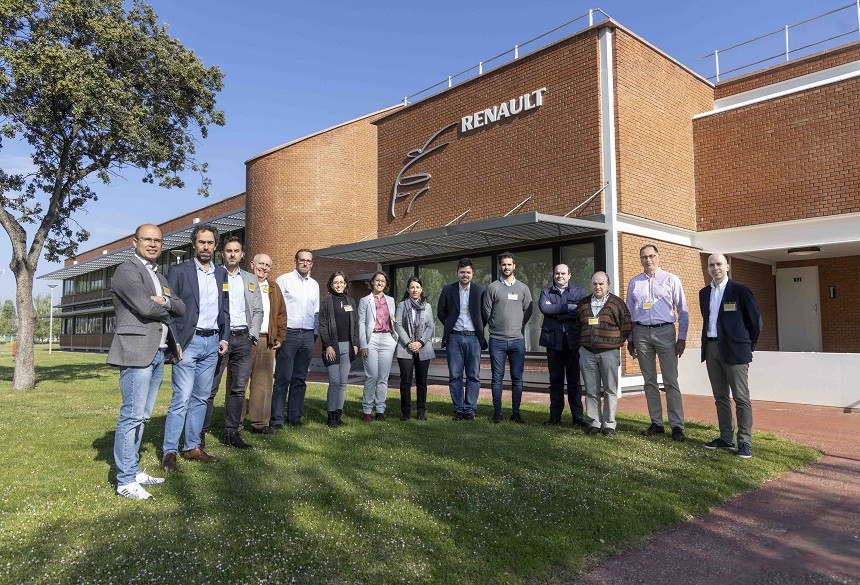Launch of the R3CAV project, with the participation of GMV

The Robust, Reliable and Resilient Connected and Automated Vehicle for people transport (R3CAV) project was launched last January. Consisting of researching technologies and architectures for the development of this new self-driving vehicle, it is part of the 2021 Sustainable Automotive Technology Program (PTAS) and is financed in jointly by CDTI.
The primary mission of R3CAV is to develop new connected technologies, as well as to design a new architecture, which with both hardware and software, can adapt to future connected autonomous vehicles. This architecture is capable of working at different levels of autonomy, from advanced predictive driving assistance systems to fully autonomous driverless systems.
GMV is participating in the project as part of a consortium that includes Spanish companies such as Renault Group, Alsa, Indra, Sigma, MásMóvil and Masermic. Other Spanish research entities are also taking part, all led by Renault Group.
Specifically, the GMV group will work in three different fields, such as the optimization of absolute positioning systems based on GNSS, both in autonomous systems and in cooperative services; research into services connected to infrastructure, which will culminate with the development of a smart speed control module based on V2X and C-ITS cooperative services and the cybersecurity of the vehicle, through the design and development of an intrusion detection system to protect the vehicle based on IDPS algorithms, as well as V2X communications security.
The validation of these three technological developments is based on two specific use cases on which they will be tested. The first of these is set to be in an open environment in Alcobendas, where the solutions will be implemented in connected vehicles at L2 level first and then with an L2-L3 platform for passenger transport. Finally, the second one will be in a controlled environment at RENAULT’s facilities in Villamuriel de Cerrato (Palencia), where a vehicle with autonomy level L4 will cover a known route with 24/7 availability and in any weather conditions.
The implementation of the project, which will run until the end of 2023, is supported by a wide range of institutions and will lead to the creation of 19 new jobs.